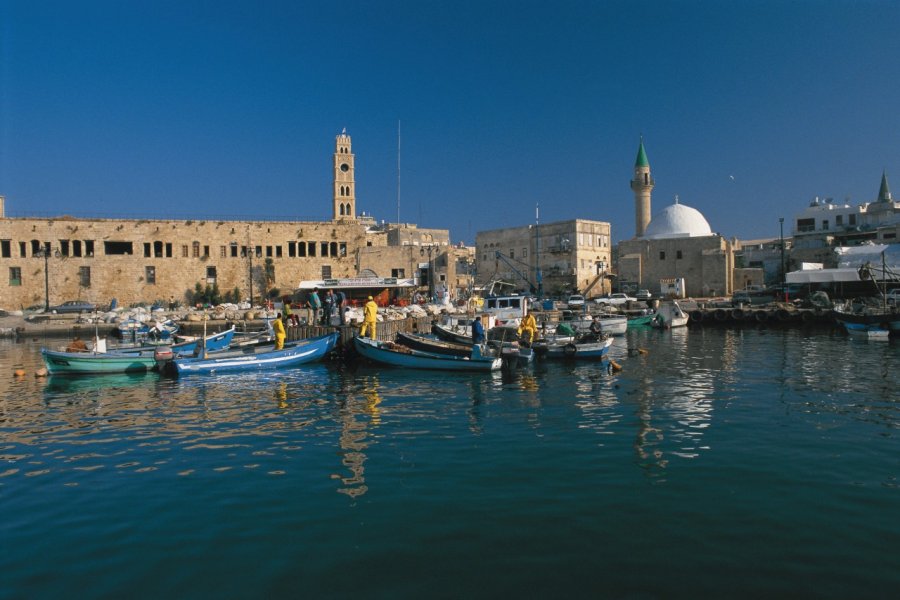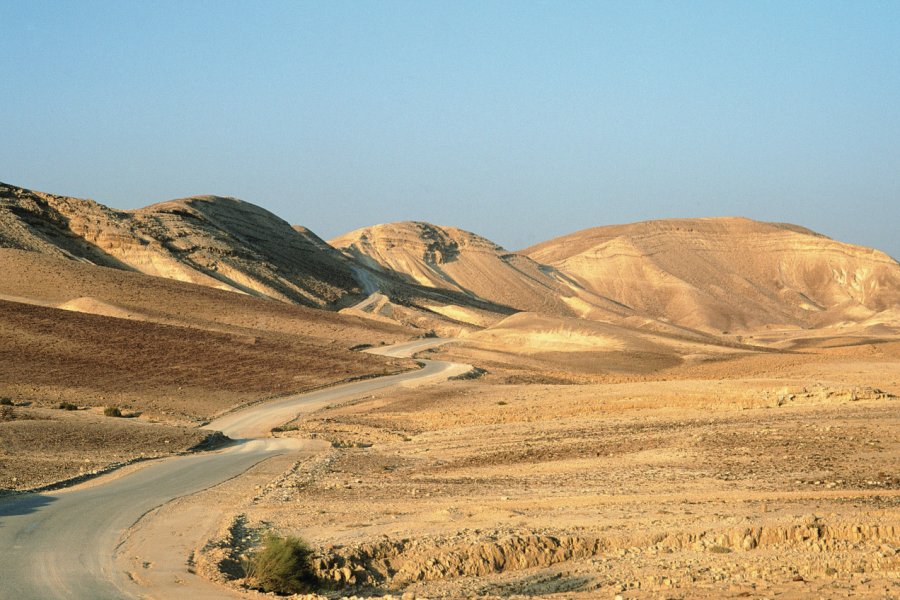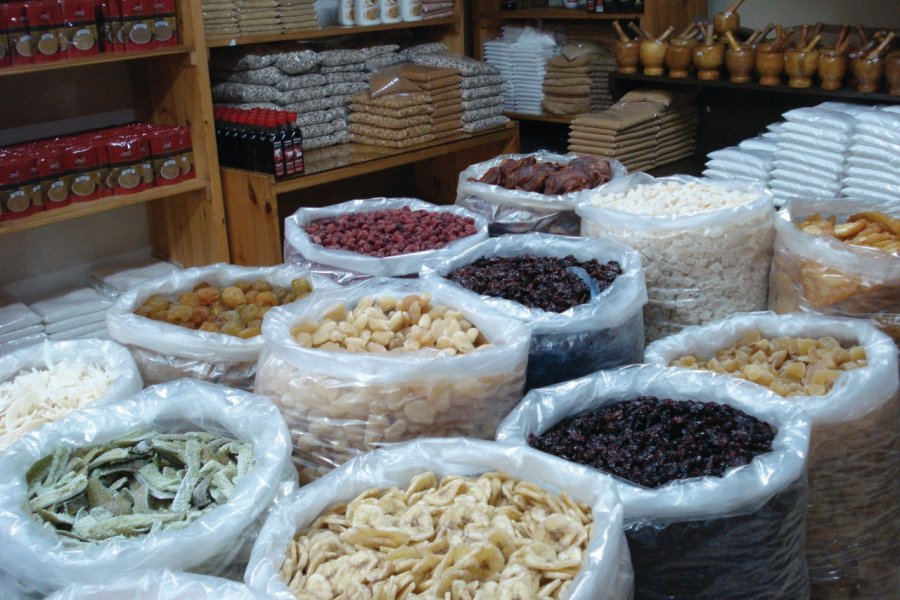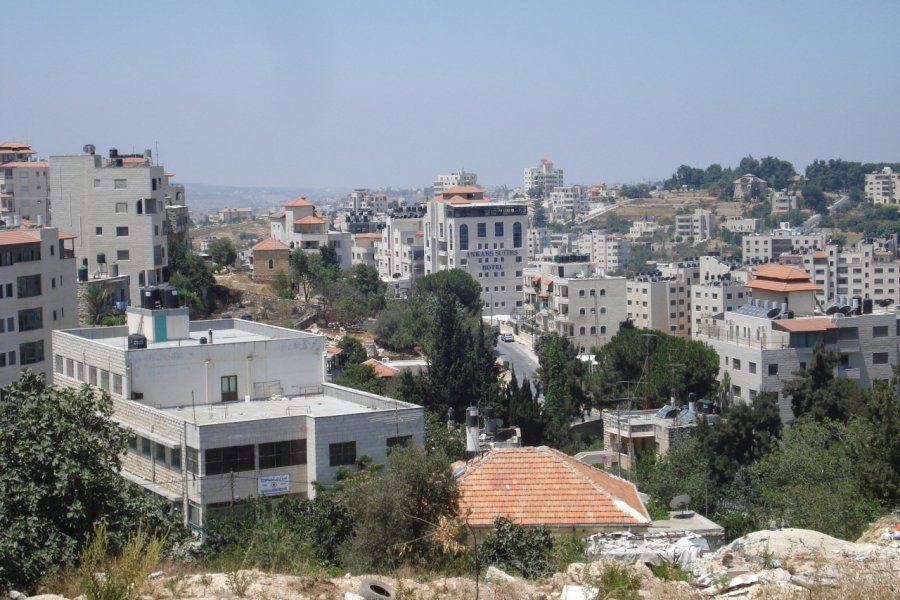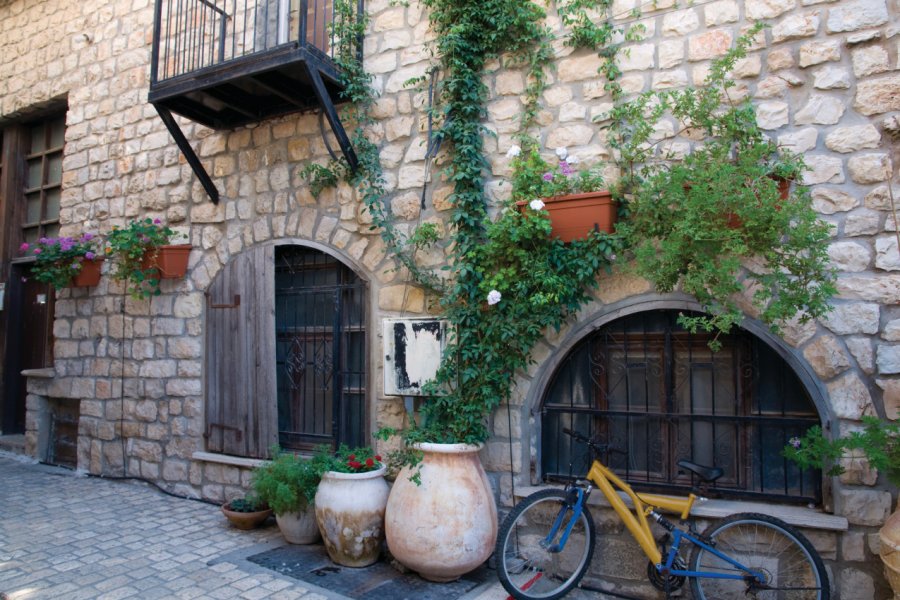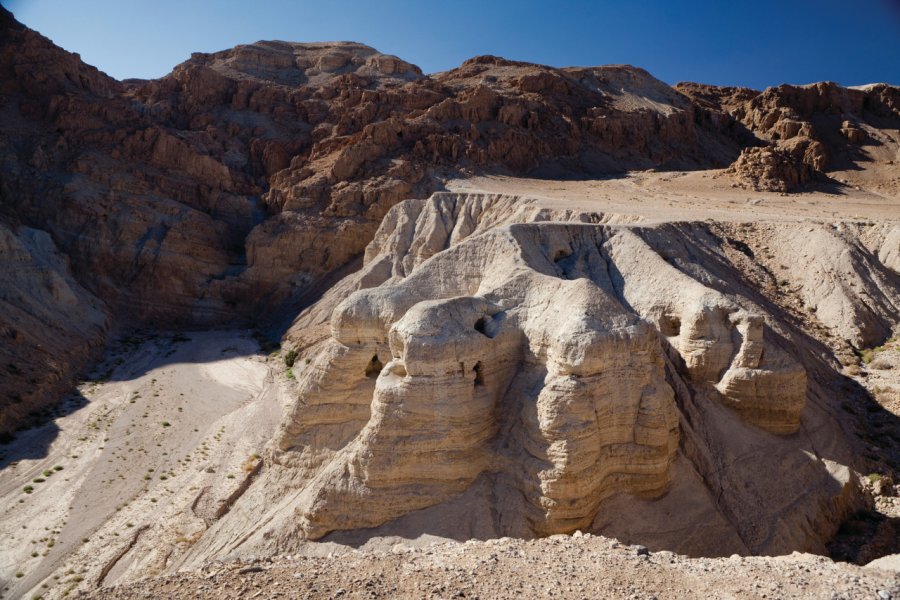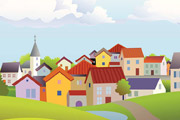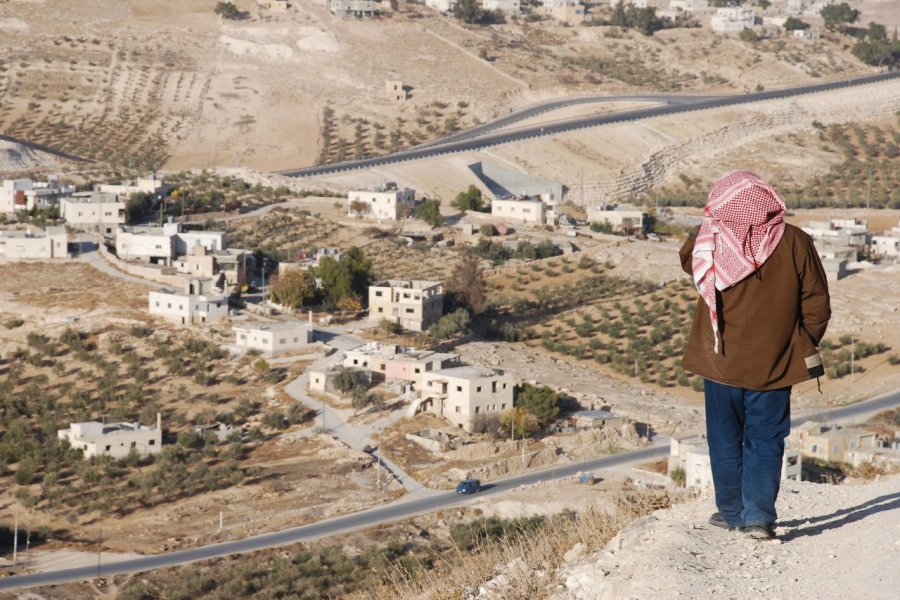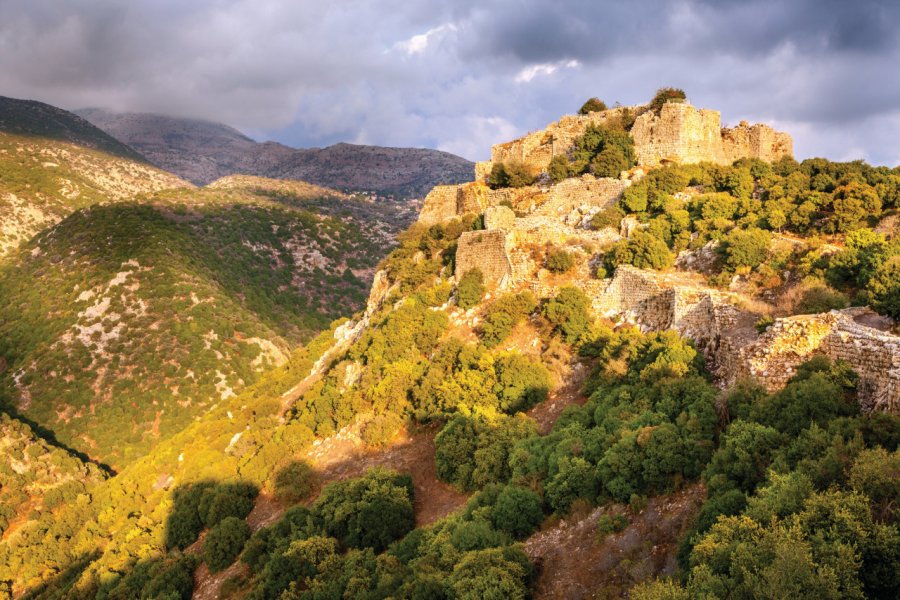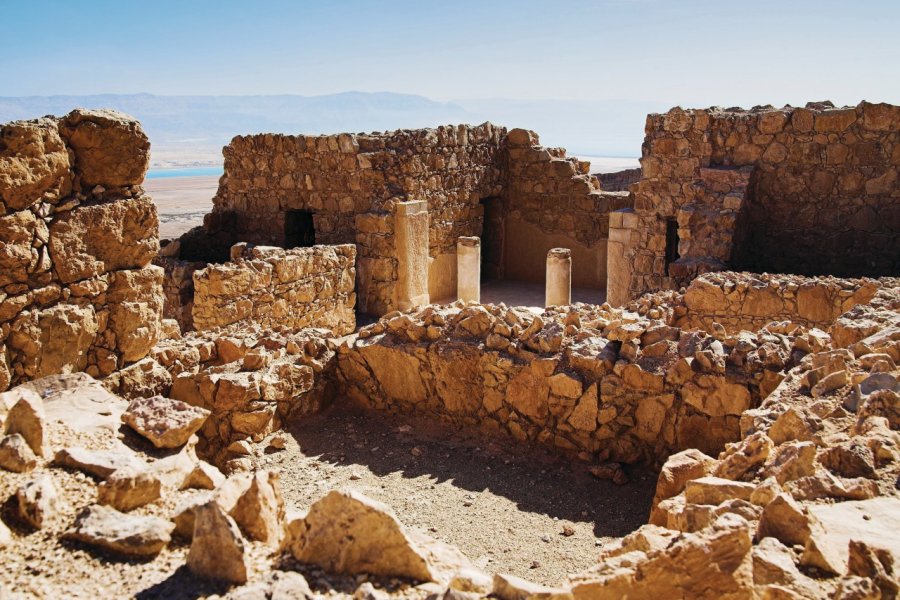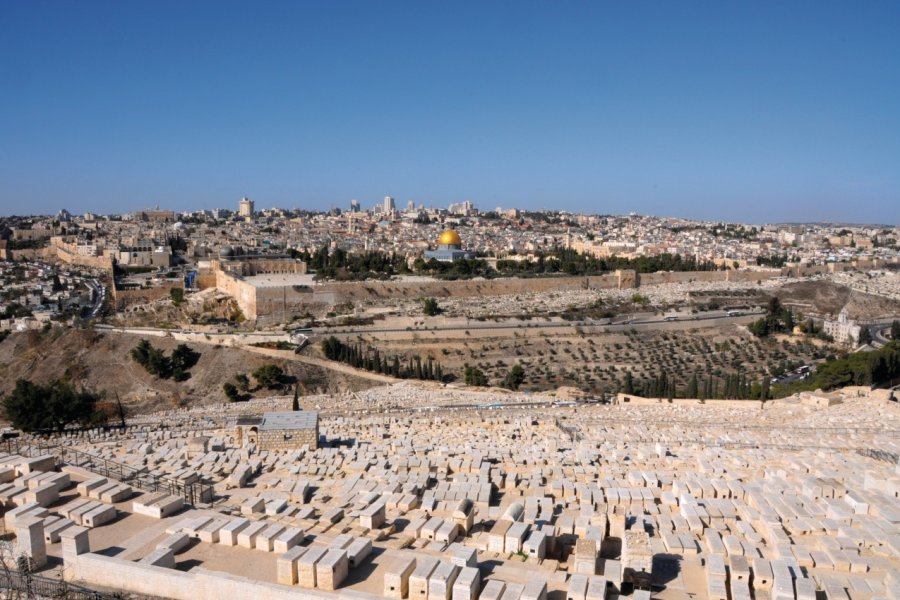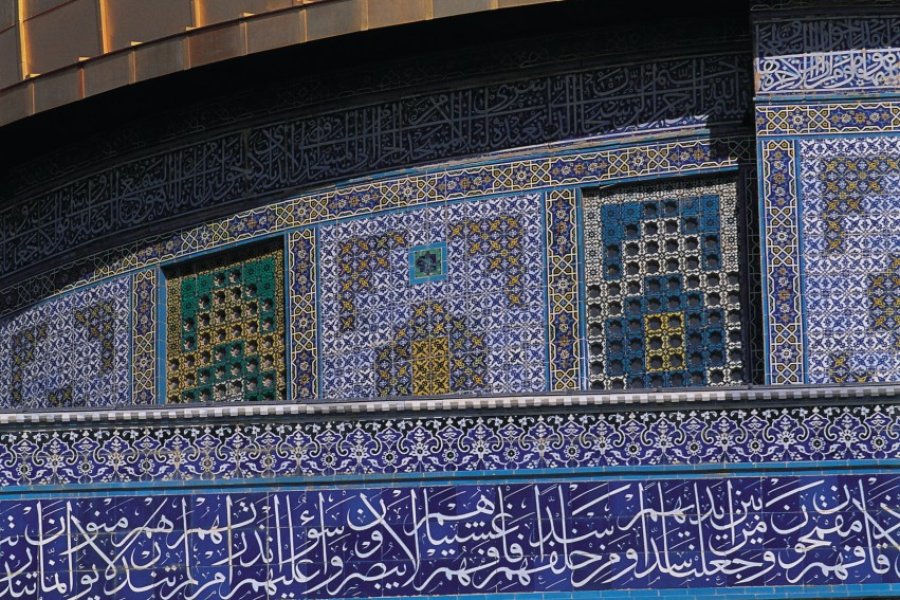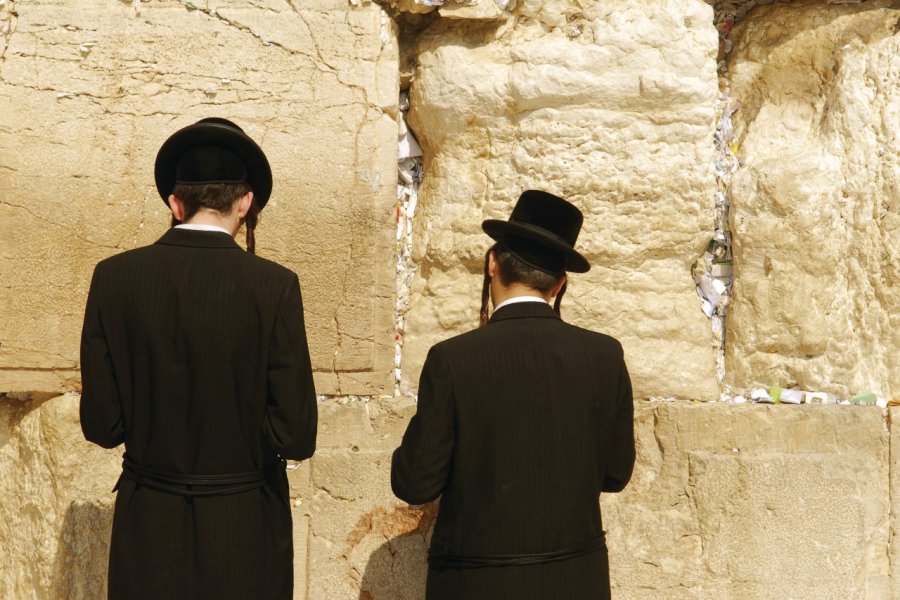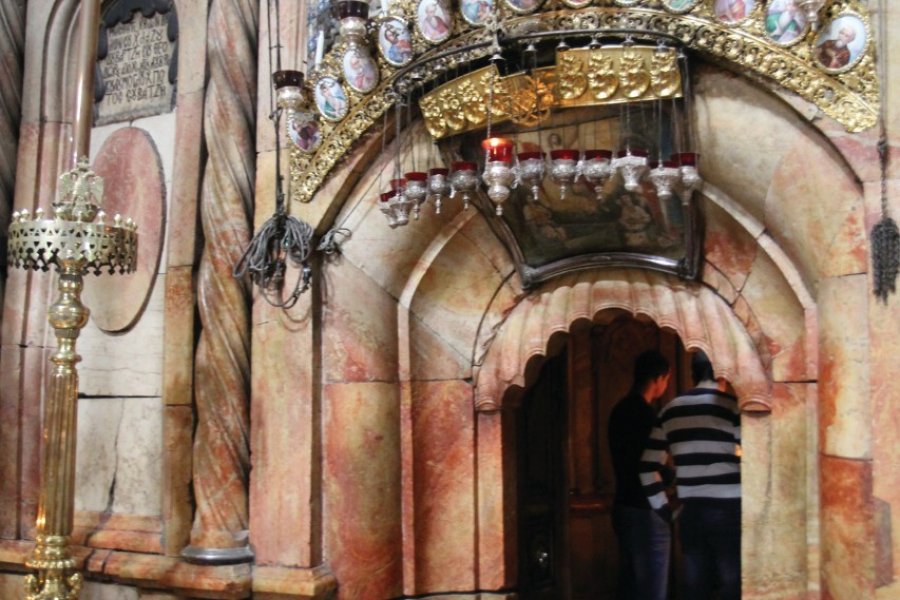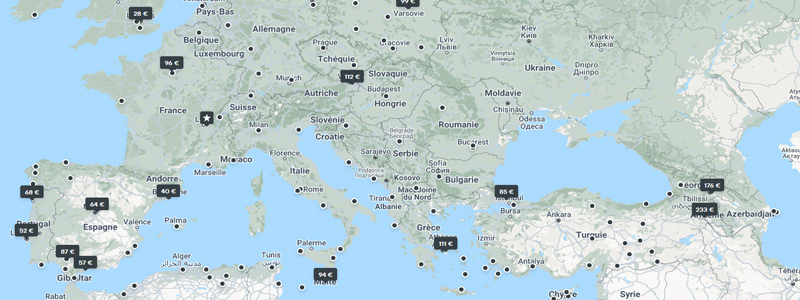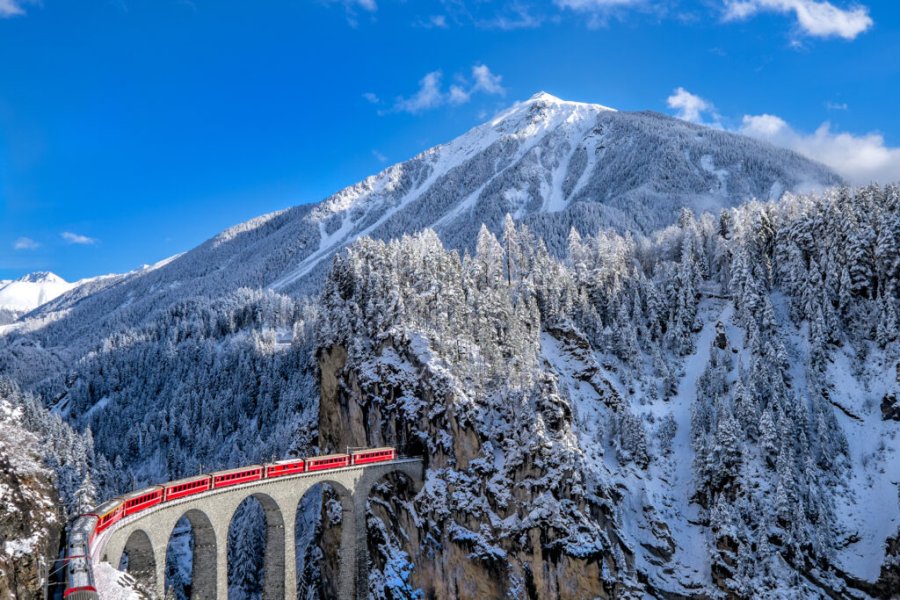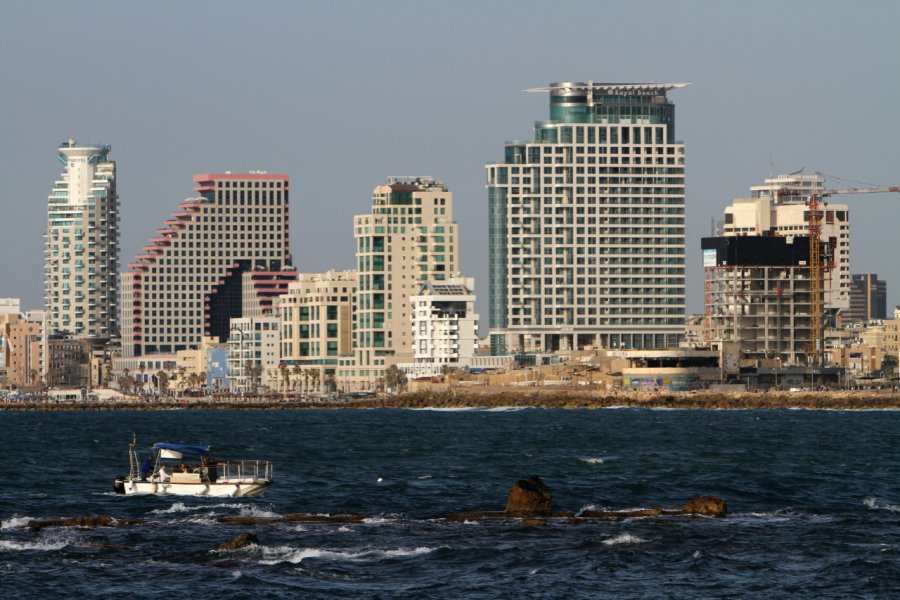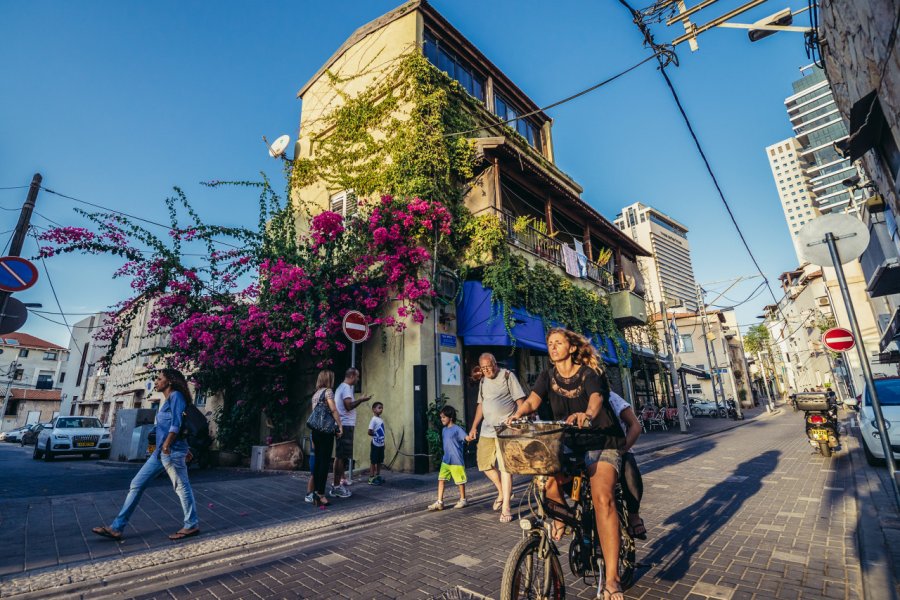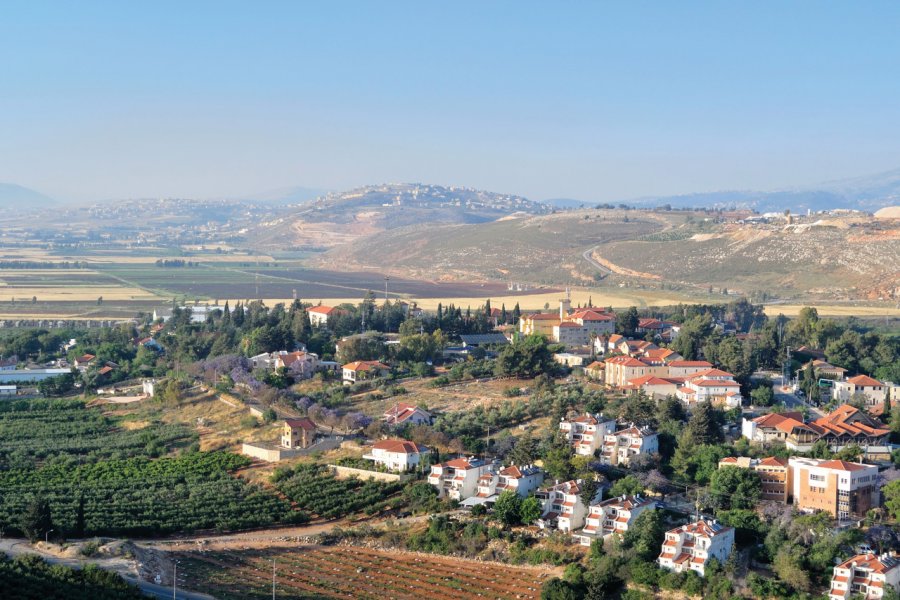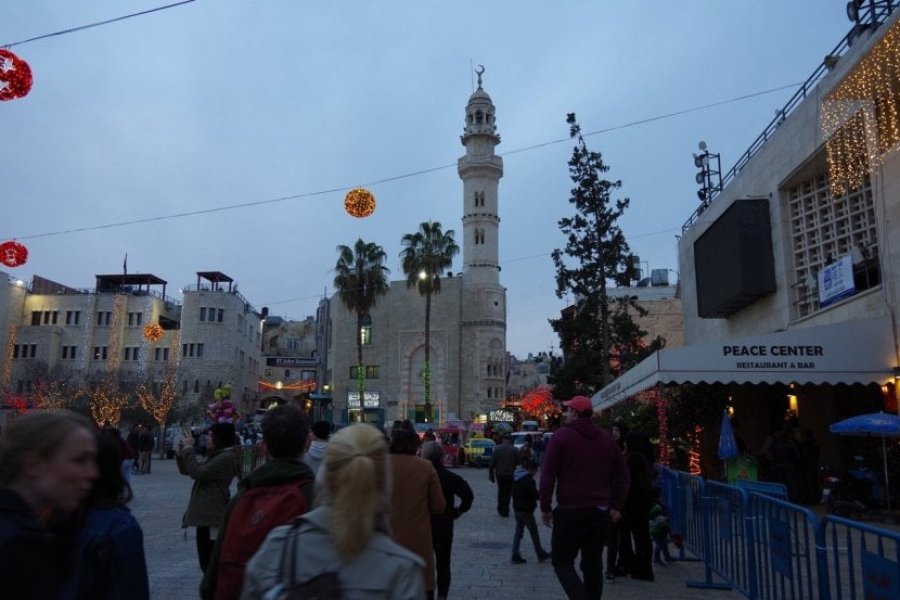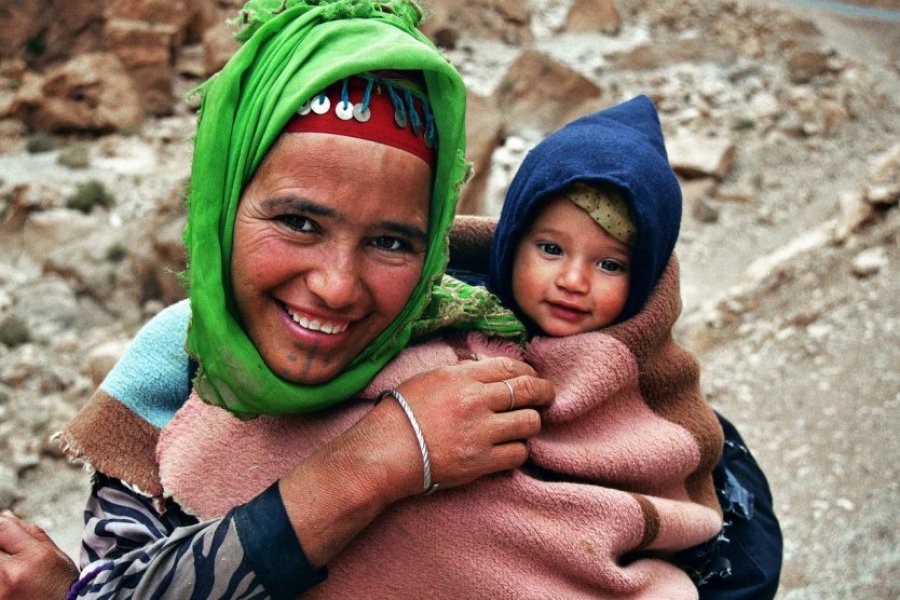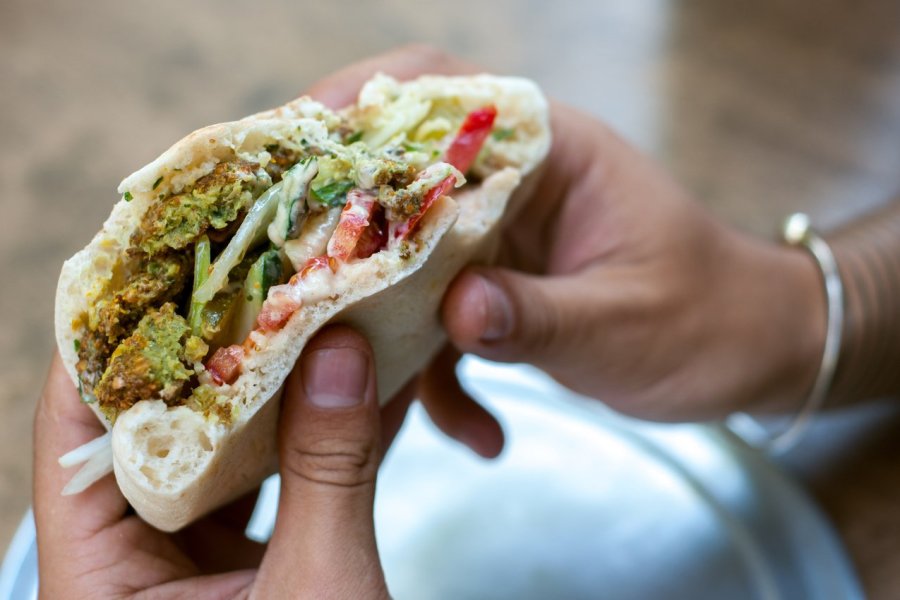Travel Guide Israel
Skyscrapers and archeological sites, pilgrimages and high technology, occupied territories and luxurious celebrations rub shoulders in this Holy Land of Jews, Christians and Muslims. Israel, a Middle Eastern country located on the eastern coast of the Mediterranean Sea, is a tourist gem. Its claimed capital Jerusalem contains the most sacred sites of this destination, concentrated in the Old City: the Temple Mount, with the sanctuary of the Dome of the Rock, the famous Wailing Wall, the al-Aqsa Mosque and the Church of the Holy Sepulchre. Tourism, especially religious tourism, is a significant part of the country's economy. Tel Aviv-Jaffa, the financial center of Israel, is renowned for its beaches and its Bauhaus architecture, but also its festive evenings that bring together the jet set, around streams of champagne and basins of caviar. Eilat is also a very touristy seaside resort on the Dead Sea where you can enjoy water sports and especially diving, taking advantage of the richness of the sea bed. Nature lovers can visit the Salt Lake and the ruins of Masada. Nazareth and the Lake of Tiberias are must-sees for Christian pilgrims. You will find in your tourist guide information on a very particular history which takes place over 3 millennia.
What to visit Israel?
Suggested addresses Israel
When to go to Israel?
The high tourist season runs from July 1 to August 31, as well as from mid-December to January 1. The periods from mid-September to October 20 and from April 1 to early May are also busy. They also vary according to the Jewish holiday calendar. During the latter, most shops are closed, public transport is more than limited, and hotel prices are rising. If Israel can be visited all year round, the best seasons are spring or autumn, when the temperatures are not too high. It is also during these months that the light is most beautiful. In winter, the south is more pleasant than the north, which becomes rainy. In summer, on the contrary, it may be too hot. Visiting national parks and nature reserves is a major expense. If you stay for a long time, buy the access card, called Blue Card, Green Card and Orange Card, which gives access for 14 days to a certain number of sites.
Weather at the moment
In Israel, the climate is characterized by strong sunshine. On the coasts: in winter (10/20°C) and in summer (20/30°C). In Jerusalem and in the interior (especially on high ground), in winter the thermometer does not exceed 5°C or even drops below zero. In the South, temperatures are around 10°C in winter and up to 40°C in summer. In the desert, the climate is characterized by significant temperature differences between day and night, even in summer. This destination should be avoided in summer (for the south).
In Israel, the currency is the new shekel (NIS) divided into 100 agorot. In the Palestinian Territories, people also pay in shekels or Jordanian dinars. The euro is often accepted in large establishments. The cost of living is quite high in Israel. If you are on a budget, you can stay in a youth hostel or camping site and eat kebabs, hummus and falafel. Shop around. Most hotel rooms are equipped with a fridge or even a kitchenette.
No visa required for EU nationals. To enter Israel, you only need a valid passport (preferably valid for 6 months after the trip). Your tourist stay cannot exceed 3 months. The borders are closed with Syria and Lebanon. These two countries will deny you the right of residence if your passport has been stamped in Israel. And vice versa.
No visa is required for European Union citizens. A stay in Israel or in the Palestinian Territories does not require any other formality than an update of the vaccines listed in the French vaccination calendar. The doctors and hospitals in Israel are among the best in the world.
Practical information
- When to travel?
- Weather forecast
- Budget
- Formalities
- Health
- How to travel by yourself?
- How to get organized?
- Getting around
Media
How to go to Israel? Our advice & tips
This tourist destination is widely offered in the catalog of tour operators. You can choose between the many cultural trips and pilgrimages to the Holy Land, but also in a long list of simple formulas with just the flight and a hotel with breakfast in Tel Aviv or Jerusalem in all categories.
Discover our selection of travel agencies for this destinationMajor European cities are connected to Ben Gurion airport, 20 km from Tel Aviv. Haifa airport is connected with Cyprus and Turkey. There are countless international and local car rental companies, from Ben Gurion airport to cities and tourist centres. To get to the Occupied Territories, rent a vehicle on site. A vehicle registered in Israel is likely to be targeted by stone throwing. Of course, avoid Gaza!
The bus is the best way to travel in Israel at low cost. The comfortable air-conditioned buses of the Egged company serve all of Israel (except for Shabbat). The Occupied Territories have a more antiquated bus network, run by private Arab companies. You can take collective cabs, which are slightly more expensive than buses and more comfortable. A train runs along the Mediterranean coast north of Tel Aviv, and there is a connection between Tel Aviv and Jerusalem

